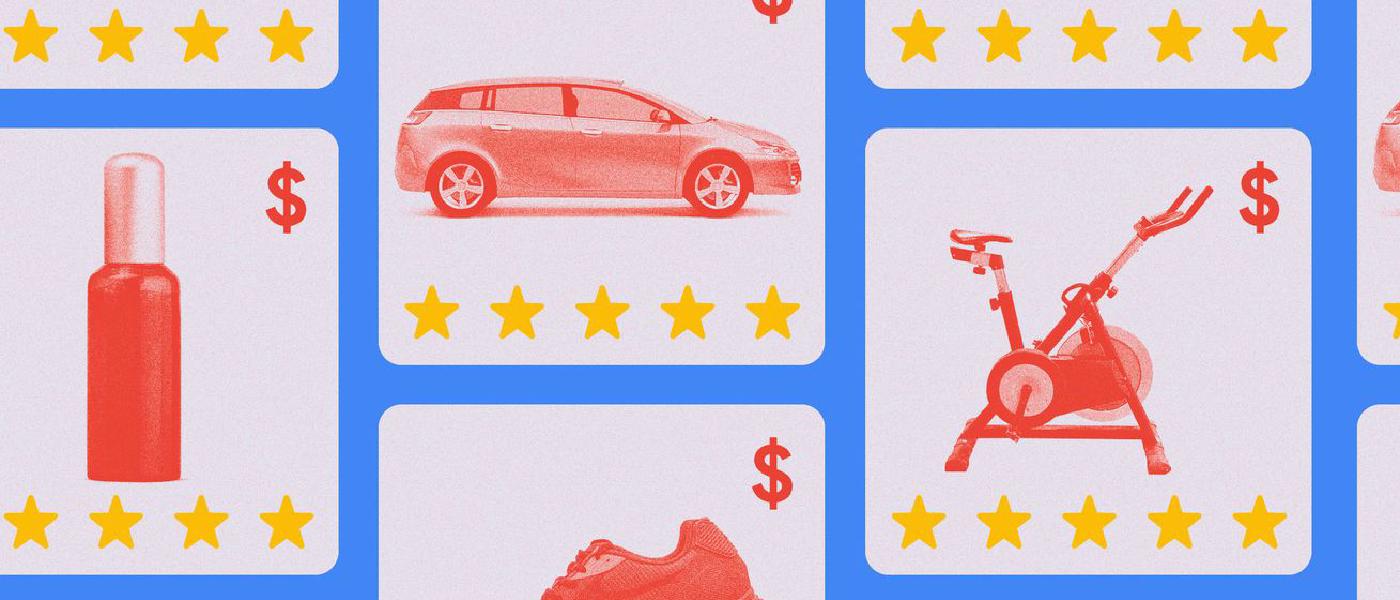Google says a closed ad ecosystem isnt anticompetitive its just safer
Posted on September 26, 2024 • 4 min read • 844 words
Google took a page out of a familiar playbook in court this week, defending itself from claims of anticompetitive conduct by raising security concerns. While the government argues it locked up the ad tech market to make more money, Google’s witnesses say that a more closed ecosystem is often safer for users — echoing a defense both it and Apple have made of their mobile app stores.
Google’s attorneys have spent the last few days mounting its defense against the Department of Justice. The company argues that conduct the Department of Justice paints as anticompetitive — like locking customers into its services and exerting control over the rules of the industry through its dominance — actually has justifiable business purposes. The point was emphasized by two Google executive witnesses: Per Bjorke, director of product management for ad traffic quality, and Alejandro Borgia, director of product management for ad safety. Combined, the teams work to ensure Google’s ads are bought and sold by trustworthy parties and that they’re seen by real people, not bots.
Bjorke, whose team focuses on publishers, described Google’s extensive work to combat click fraud by shady websites. Each day, 15,000 to 20,000 publishers attempt to sign up to use Google’s tools, Bjorke said. Each one needs to be vetted with a multistep verification process, including mailing a physical letter to make it harder for fraudsters to use fake addresses. On the advertiser side, millions of signups are blocked each year based on signals of malicious intent, Borgia said. Bjorke and Borgia both said their teams don’t have revenue goals, and Google views the protection as a service that’s part of working with its products. It’s all meant to make sure bad actors don’t get into Google’s advertising ecosystem and spoil it for everyone, Bjorke said.
There are “very clear, significant benefits of being closed”
When Google had opportunities to open up its ecosystem, the company had to weigh the security costs, Bjorke said. In the early 2010s, for instance, the Google Ads advertising network was considering a way to let its massive advertiser base bid on different exchanges than Google’s own AdX. The project, called AWBid, would “fundamentally change” the foundation of Google’s fraud defenses. Keeping out bad actors got much harder when Google didn’t have full control of how publishers got access to ad auctions. There are “very clear, significant benefits of being closed,” Bjorke said. While the DOJ has pointed to AWBid as an example of how Google is capable of allowing more competition, Bjorke countered that it required a huge amount of work and a lot of risk.
And any security failures could be costly. Bjorke related how, between about 2015 and 2018, the 3ve botnet ran a massive online advertising scam to siphon ad dollars. Google has said the scheme compromised about 1 million IP addresses to help its faked websites look like they were generating real traffic. Bjorke said advertisers didn’t lose money, but only because Google compensated them — and Google itself lost around $30 to $40 million.
Bjorke insists that far from locking out competitors, Google has attempted to help them. After 3ve, he says, Google realized it could take one of two paths: focus inward to protect advertisers on its own platform (growing its “slice” of the industry) or help clean up ad fraud across the industry (growing the “pie”). It chose the latter, working with other companies on a code snippet dubbed ads.txt, which relayed information that made 3ve-style attacks far more difficult. Going this route meant more work for Google, Bjorke said, but it addressed a potentially catastrophic loss of confidence in digital ads compared to older forms of advertising like TV.
The underlying argument here is that when Google gains power and makes decisions for advertisers and publishers, it’s good for everyone. Without a large scale of operations, Borgia said, “we would be unable to do our jobs.” And because Google owns ad tools across the entire ecosystem, he added, Google has more visibility into the system to make sure it’s running safe ads that won’t load viruses on users’ computers or show a brand next to inappropriate content. He says Google also lets people limit how their data is used within Google’s ads ecosystem — but when an outside tool is involved, that company could have its own set of rules around privacy.
It’s an argument Google and other tech giants have made elsewhere with mixed results. In an antitrust fight with Epic — which Google lost — Google argued that making third-party app stores and sideloading easier to access would undermine important security protections on Android. Apple made a similar case in its own antitrust suit with Epic — which it mostly won.
So far, in this case, Google has leaned heavily on a Supreme Court precedent that says it can’t be forced to deal with rivals. As this phase of the trial draws to a close, it’s trying to bolster that case by telling the judge that interoperability poses tangible, pragmatic risks as well.